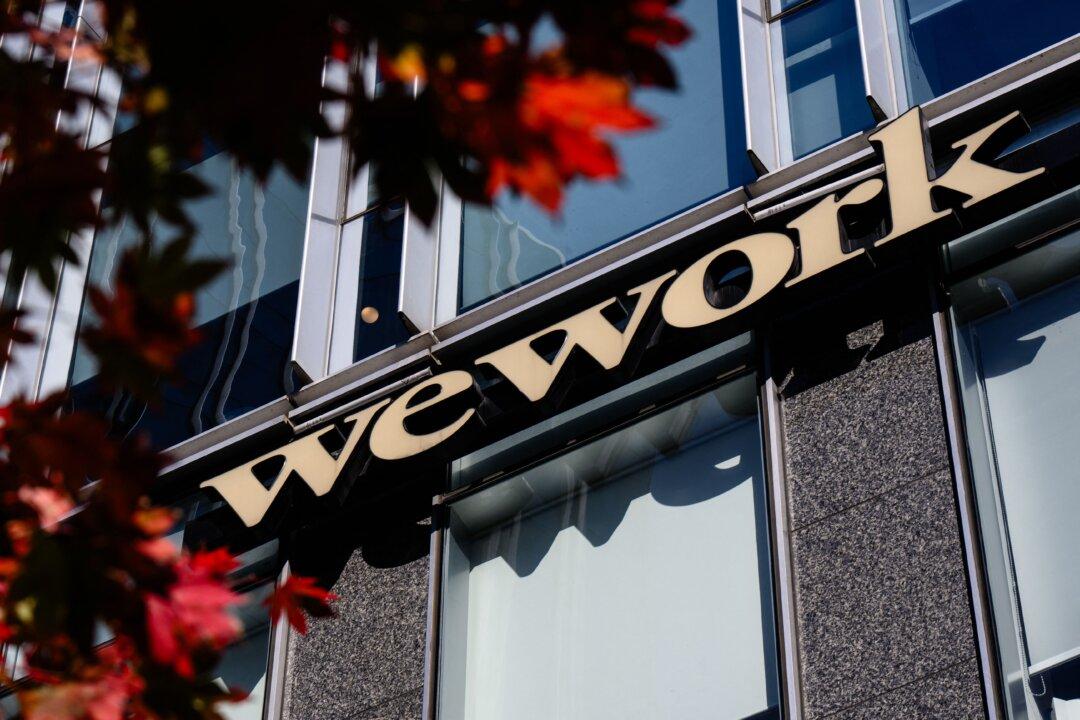Workspace-sharing company, WeWork, filed for Chapter 11 bankruptcy protection in the United States and Canada on Nov. 6, just months after warning of “substantial doubt” that it would be able to stay in business over the next year.
WeWork, founded in 2010 and once valued at $47 billion on the private market during its peak, said the Chapter 11 bankruptcy filed in New Jersey was part of a “comprehensive reorganization to strengthen its capital structure and financial performance and best position the company for future success.”




